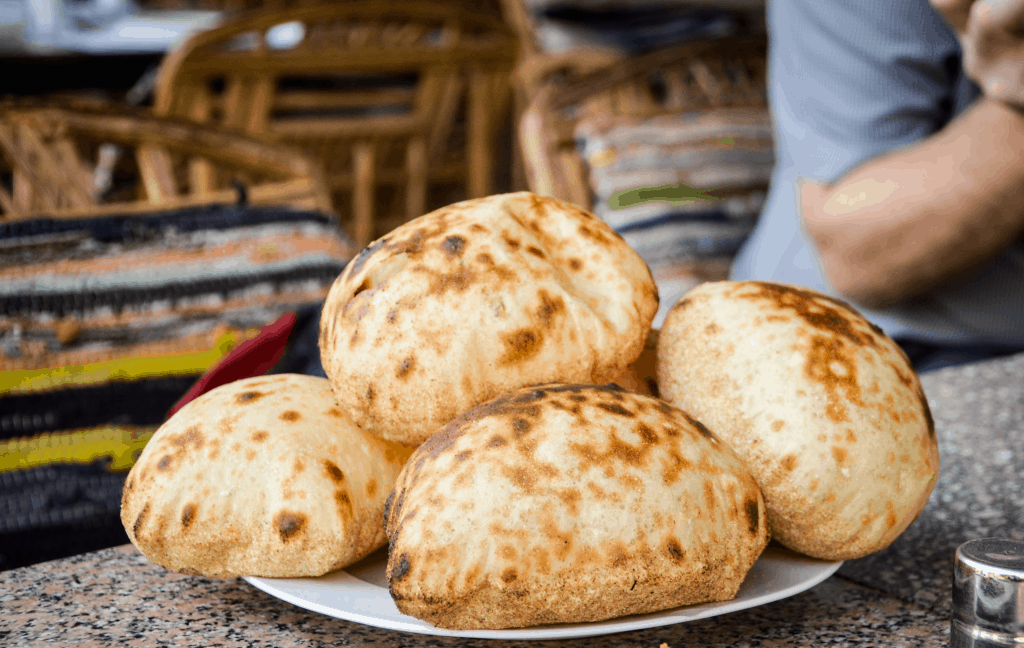It’s easy to get distracted by the rich and mysterious history of Egypt’s ancient past, but when visiting the country there is much more than catacombs and iconic sculptures to fill your days. Once the sun has set over the Great Pyramid, why not take yourself into the vibrant culinary landscape that Cairo has to offer? We guarantee you won’t be disappointed.
Here are three of our favourite dishes you’d be a fool to miss on your classic holiday to one of the world’s most cultured countries.
Konafah
In keeping with the Egyptian theme of mystique, there’s very little known about the origins of Konafah. A thin, almost noodle-like pastry, it’s rumoured to have been around since the pre-medieval Arabic period across not only Egypt but Turkey and the Levant, too.
After drizzling row after row of long, thin noodles in their liquid state, they are placed on a hot plate until they become dry and altogether more rigid. Then, after being mixed with butter or oil, they are wrapped around a filling made of whipped cream or nuts (or both) before being baked. A final touch of fruit syrup is added on top and voila, your Konafah is ready for consumption.
Dukkah
Commonly used as a dip to compliment your more traditional styles of Egyptian flatbread or raw vegetables (such as cucumber or tomatoes, for instance), you can expect to see dukkah as a starter or a side dish in almost every restaurant you set foot in. With a beautiful array of herbs, nuts and spices providing a slight variation every time you order, it’s a must-try for anyone with a flavour for Arabic cuisine.
Feseekh
Our third and final dish is not for the faint hearted. Feseekh is one of the most revered dishes in the whole country, and is only served during the Sham-El-Nessim festival during the spring time to celebrate the ancient culture of the Pharaohs. Fermented, salted and dried grey mullet is prepared by only those trained to do so – it is left out in the sun and then salted by a Fasakhani, a specialist Feseekh chef.
Why are these chefs so important? Well, if it isn’t prepared properly, it can be poisonous, so make sure you’re in a safe pair of hands before you tuck in! Served with flatbread, diced onions and an abundance of lemon to counter the positively pungent smell, it’s one of the true rarities of the region and one you won’t regret sampling on your Classic Holiday.
Photo Credit: Natasha Padgitt






